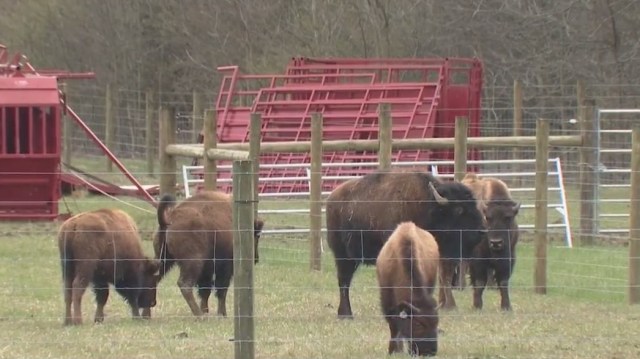With the surge in growth in central Ohio and Licking County, smaller townships are grappling with the challenges it presents.
Concerns are mounting among residents in Granville Township that agricultural land may be at risk of development, prompting a surge in attendance at zoning meetings to voice their apprehensions and uncertainties about the future.
The focal point of discussion on Monday centered around a property along Silver Street and the potential implications of proposed changes.
The has introduced a proposed overlay zoning plan aimed at managing the inevitable development. Many residents along Silver Street cherish the community for its open spaces dedicated to nature and agriculture, fueling their concerns about the potential impact of upcoming changes.
Residents like Luke Freshwater, who recently relocated to Silver Street with his family, emphasize the importance of preserving the township’s agricultural heritage amidst the looming changes. Freshwater expressed his desire for the community to maintain its rural essence and safeguard its roots in farming rather than giving way to extensive development.
Freshwater, who had envisioned starting a bison farm in the area, fears the repercussions of potential changes on their quality of life. The anticipated rise in traffic and noise levels could potentially disrupt the peaceful environment that initially drew families like his to the area.
The Granville Township Zoning Commission underscores the necessity of proactively addressing the growth anticipated with the influx of Intel in Licking County. Their efforts are focused on devising a plan to supplement the existing zoning regulations.
The proposed overlay, termed an , is designed to regulate the visual impact of the forthcoming growth in the area.
One contentious area identified as “Subarea B,” situated off Silver Street, is currently designated as farmland. However, under the proposed overlay, it could potentially be transformed into a technology and research business hub. The envisioned development would cater to campus-style industrial, office, and commercial ventures, adhering to stringent design standards to ensure harmonious integration with the township’s character.
Residents residing in the vicinity, like Scott Wagner, express concerns about the potential disruption to the existing wildlife habitat and the tranquility of the area. The proposed development threatens the natural ecosystem, which is home to diverse wildlife species such as nesting eagles and owls.
The zoning commission emphasizes that the overlay plan is crucial in dictating the aesthetics and ambiance of the future businesses in the area. Without such regulations, residents would have minimal safeguards against unchecked development.
In response to the community’s apprehensions, the commission opted to postpone the vote to address the raised issues effectively. The scheduled date for the vote is now set for April 1.
